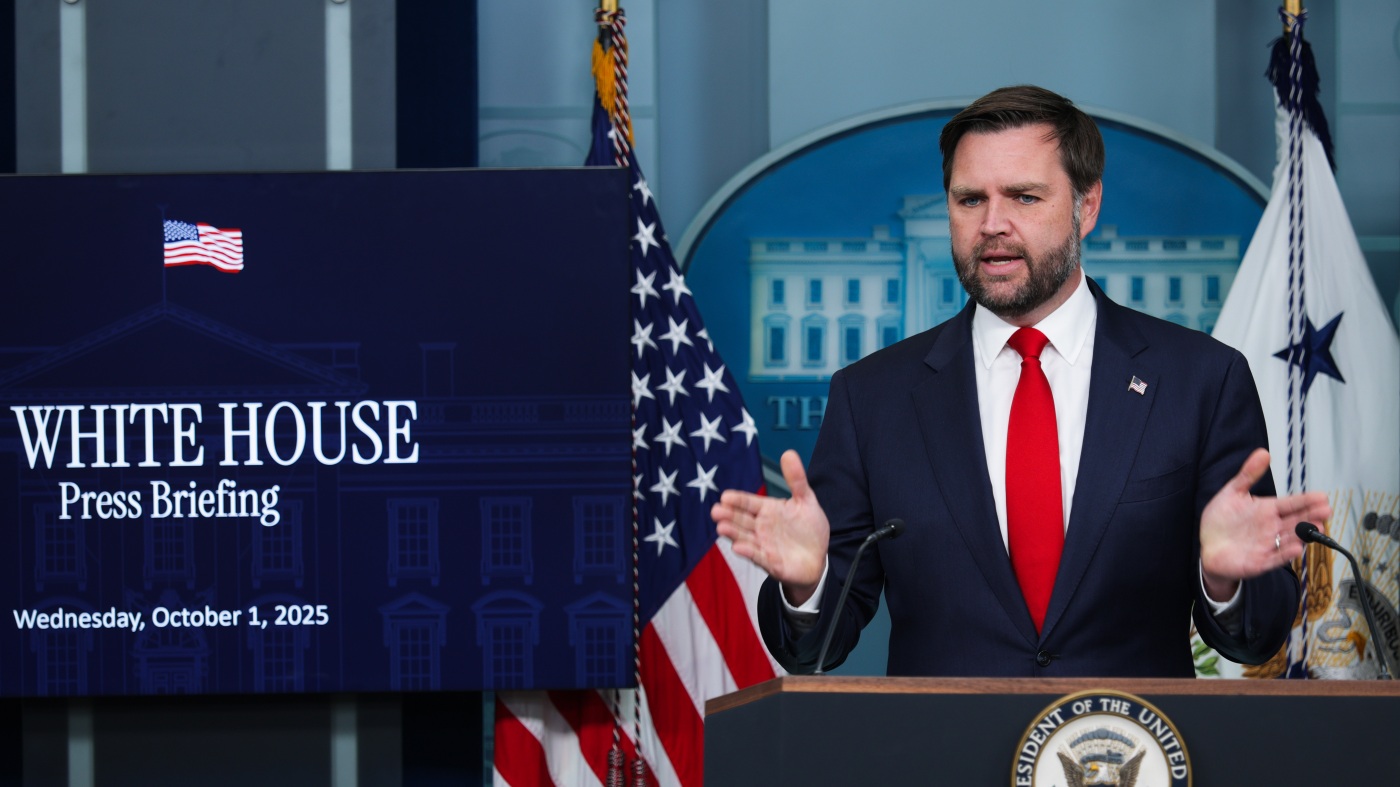On Capitol Hill right now, there's a partisan argument over if and when lawmakers need to act to extend subsidies for the Affordable Care Act marketplaces. That's where 24 million people who don't have employer-sponsored health insurance buy their coverage.
Jon Godfread, North Dakota's insurance commissioner and president of the National Association of Insurance Commissioners, has been warning Congress for months about what will happen if lawmakers don't extend the enhanced subsidies that were part of the American Rescue Plan Act.
The Premium Spike Problem
"We're looking at premium increases of 20% to 40% for people in the individual market if these subsidies aren't extended," Godfread told NPR. "That's not sustainable for families already struggling with inflation and other costs."
The enhanced subsidies, which were temporarily extended through 2025, provide more generous financial assistance to people buying insurance through the ACA marketplaces. Without congressional action, millions of Americans could see their monthly premiums skyrocket next year.
Godfread, a Republican, says he's been working with lawmakers from both parties to find a solution. "This isn't a partisan issue—it's about protecting families from unaffordable health care costs," he said.
Last-Minute Negotiations
With the government shutdown deadline looming, Godfread remains hopeful that a fix could be included in any continuing resolution or budget deal. "I've been in conversations with leadership on both sides," he said. "They understand the urgency."
The insurance commissioner has been providing data to congressional staff showing the potential impact on each state. "When you show lawmakers that 50,000 families in their district could lose affordable coverage, it gets their attention," Godfread explained.
Some Republicans have been reluctant to extend what they see as temporary pandemic-era subsidies, but Godfread argues that the individual market needs stability. "We can't have people dropping coverage because they can't afford it," he said. "That just drives up costs for everyone else."
State-Level Preparations
Insurance commissioners across the country are preparing for the possibility that Congress won't act in time. "We're working with carriers to develop contingency plans," Godfread said. "But there's only so much we can do at the state level."
Many states are considering emergency measures to help consumers if premiums spike, including temporary premium assistance programs and expanded Medicaid eligibility. However, these solutions would require significant state funding that many states don't have available.
"The best solution is for Congress to act," Godfread emphasized. "Time is running short, but I'm still optimistic we can get this done."











